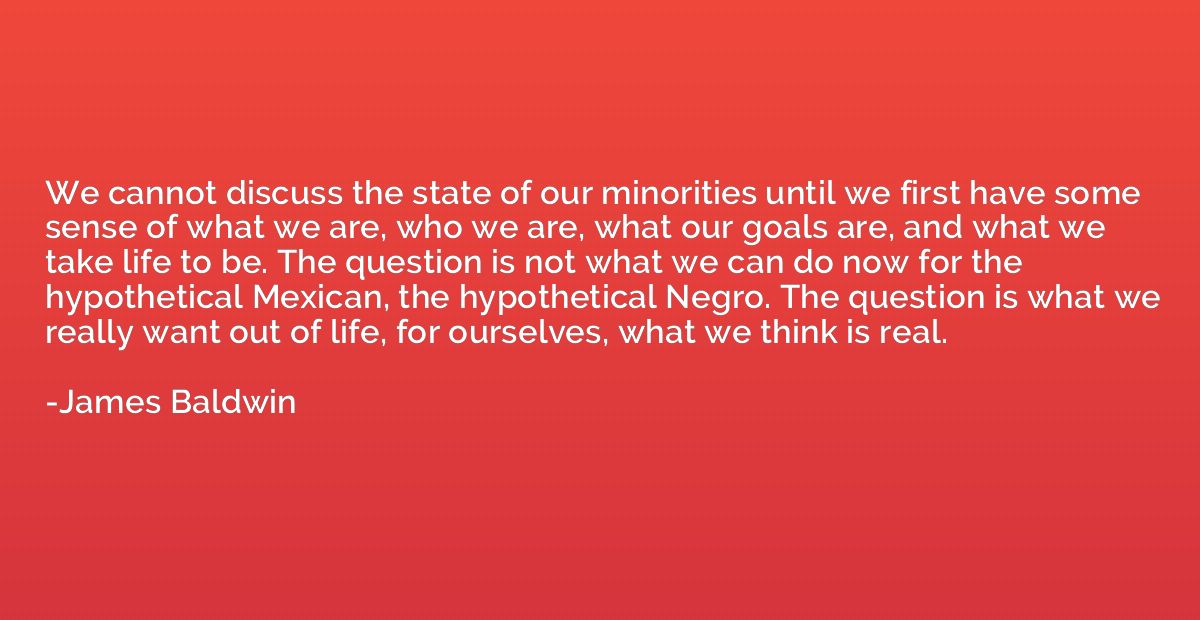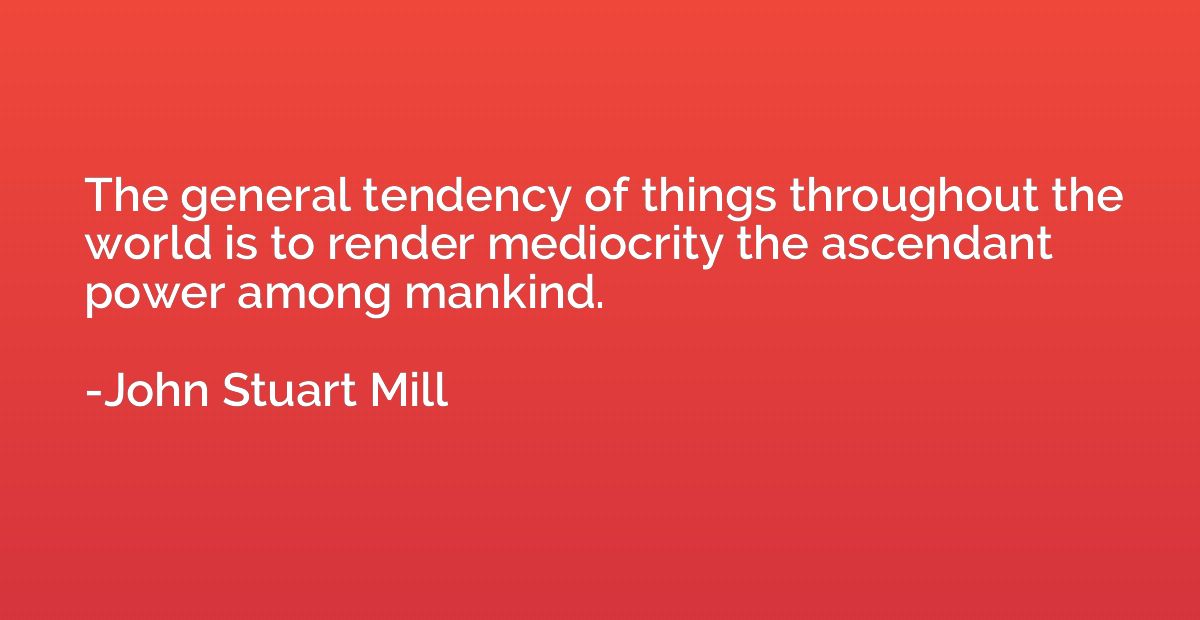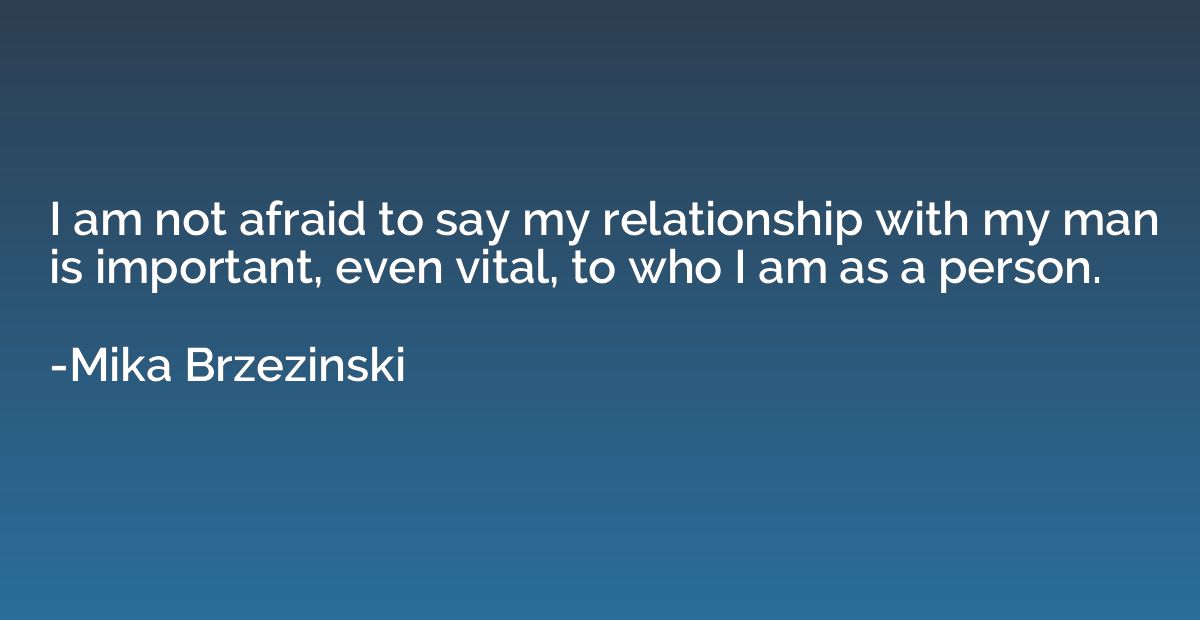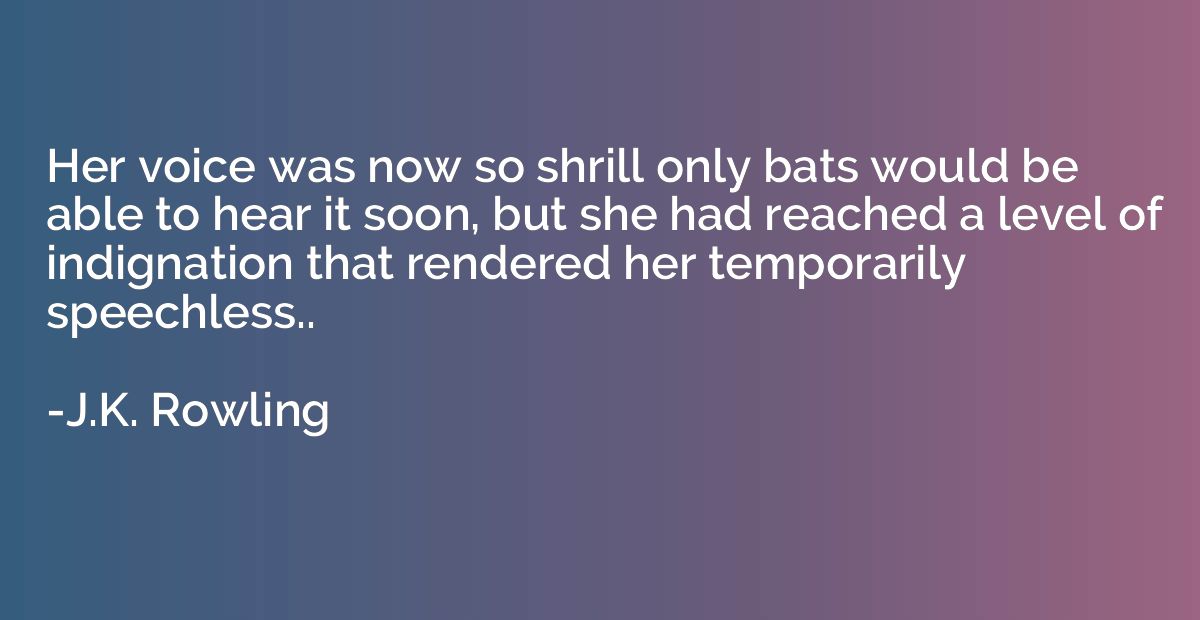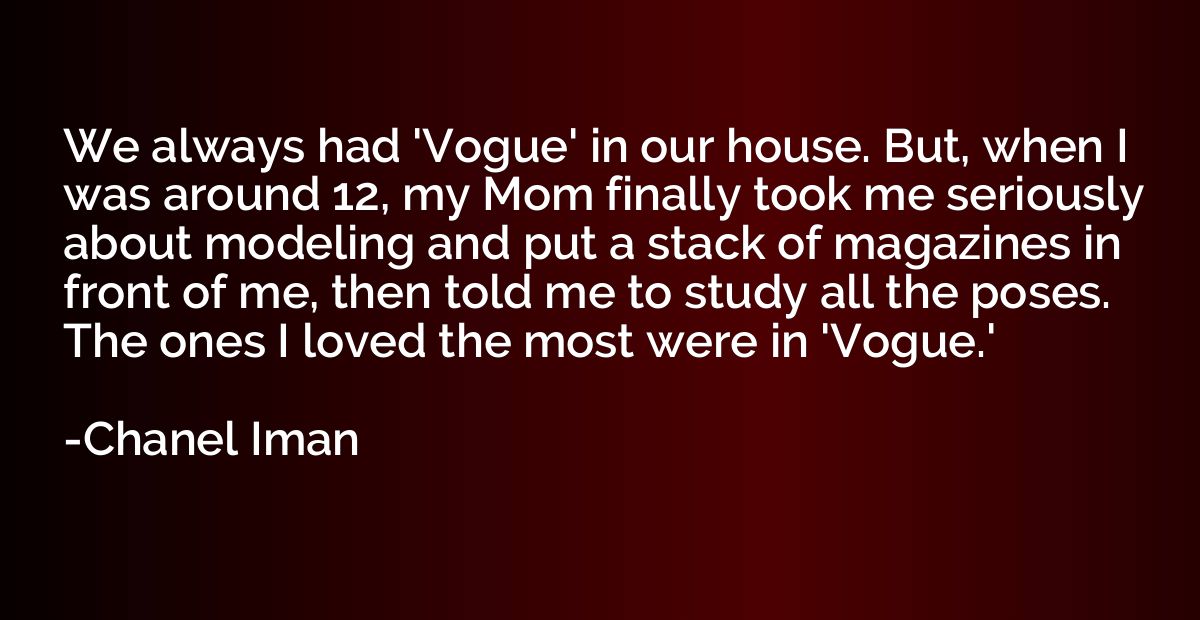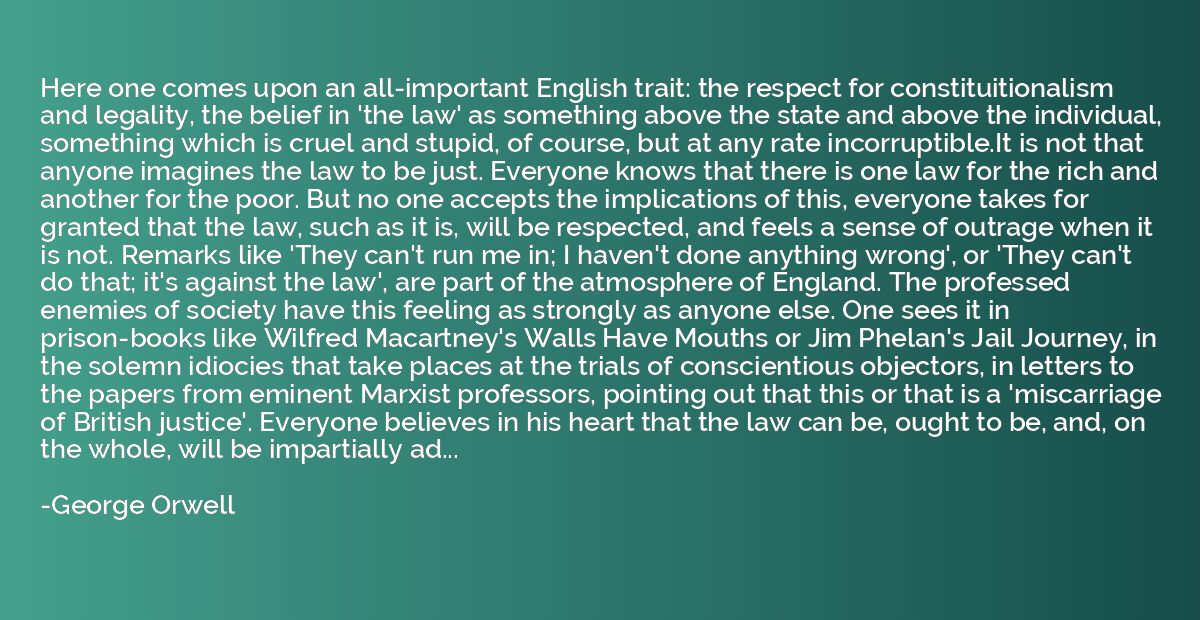Quote by Ysabella Brave
He came to love, He came to warn Why do you weep on the day He's born? He draws the path I walk upon I died to live just for the Son Find love, find peace If you let Him increase
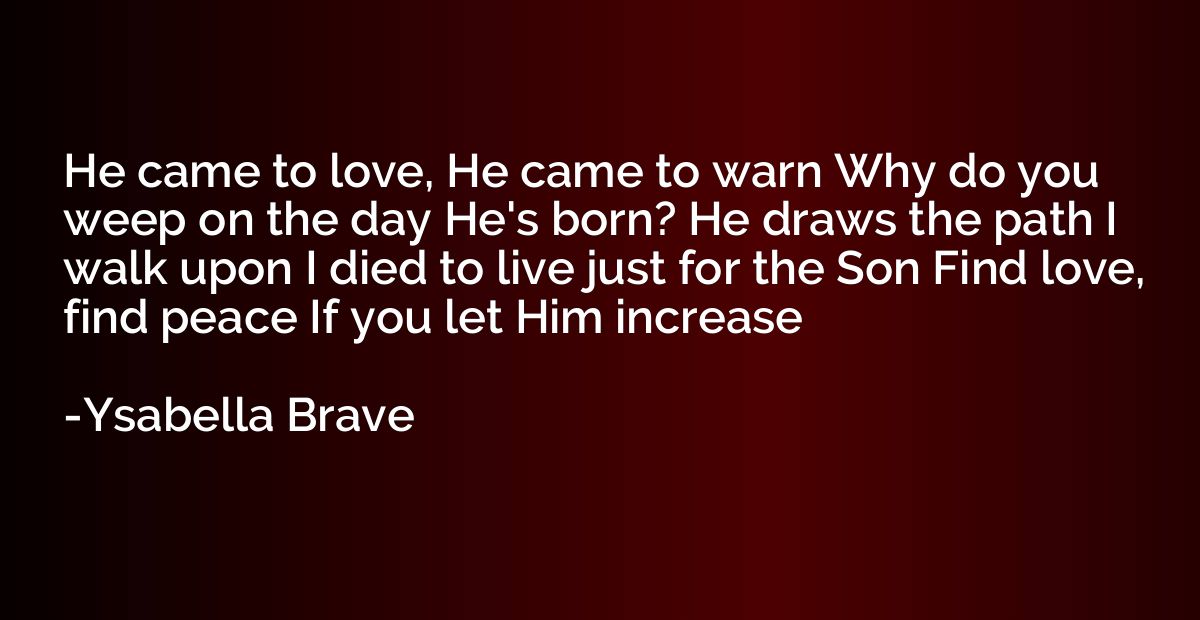
Summary
This quote suggests that the person being referred to (presumably Jesus) came into existence out of love, and their purpose was not only to show affection but also to warn humanity about something. The quote questions why people would mourn or be sorrowful on the day of this person's birth, perhaps indicating that Jesus' birth should be seen as a moment of celebration. It emphasizes that the individual being talked about guides and determines the path that the speaker walks on. Furthermore, the quote implies that the speaker had to undergo some sort of transformation or sacrifice in order to live for the sake of this person, referred to as the "Son." It concludes by suggesting that by embracing this person, one can discover love and peace, but only if they allow him to have a greater influence in their lives.






